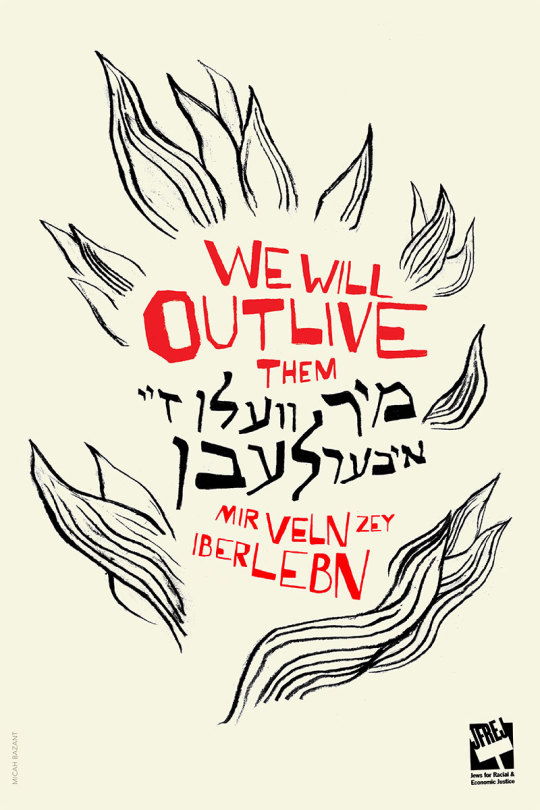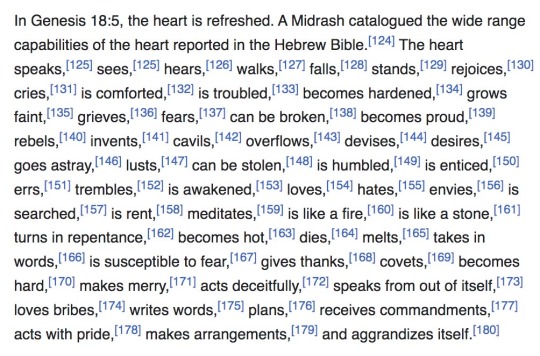Text
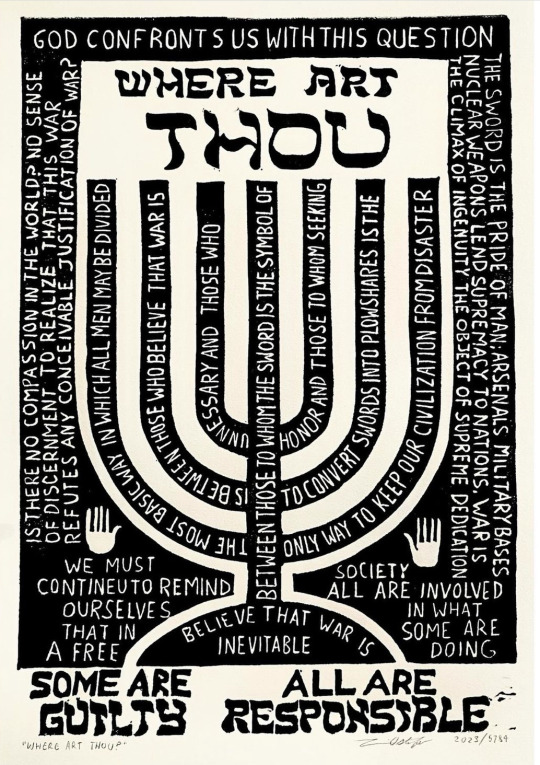
“Where Art Thou / Shiviti Adonai” by Liora Ostroff, 5784/2023
Excerpts of Abraham Joshua Heschel’s 1967 “The Moral Outrage of Vietnam” arranged as a Shiviti amulet.
478 notes
·
View notes
Text
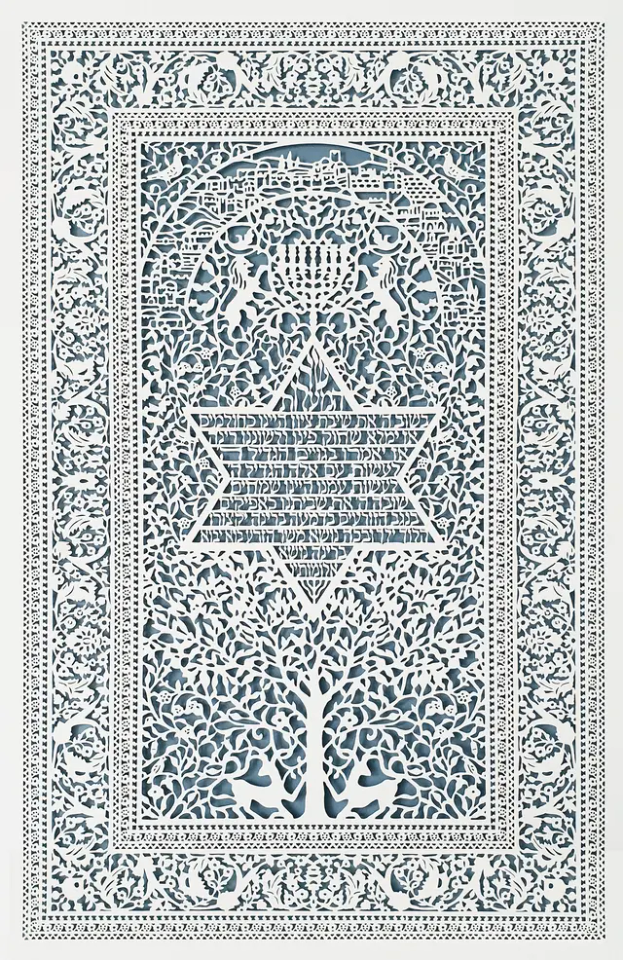
shir hama'alot, the song of ascension, psalm 126, jewish papercut by david fisher, 2023. details:
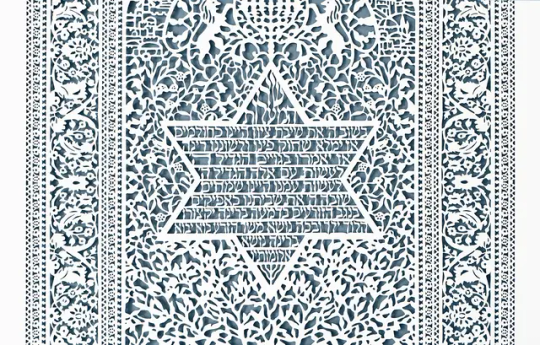
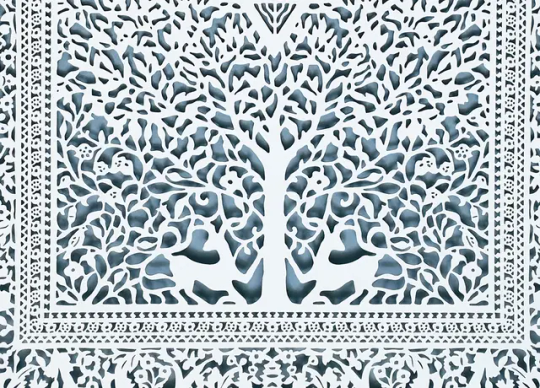
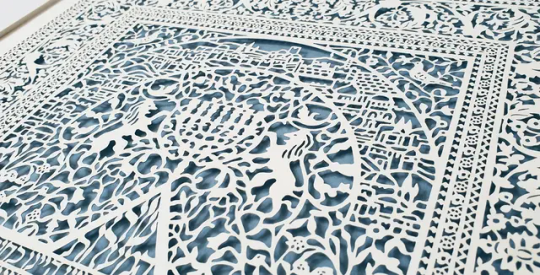
1K notes
·
View notes
Text
God is a desert to be entered and loved, never an object to be grasped or understood.
Belden C. Lane, The Solace of Fierce Landscapes: Exploring Desert and Mountain Spirituality
1K notes
·
View notes
Photo





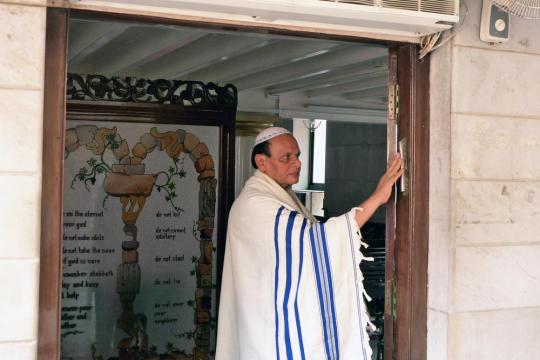



see the rest of this gorgeous photo essay on the jewish community of mumbai here.
3K notes
·
View notes
Text
“Anybody who cares seriously about being a Jew is in Exile and would be in Exile even if that person were in Jerusalem. That Exile results because our Jewish ideal is unrealized anywhere in the world.”
— Eugene Borowitz, writing in Sh’ma: A Journal of Jewish Ideas (1980)
36 notes
·
View notes
Text
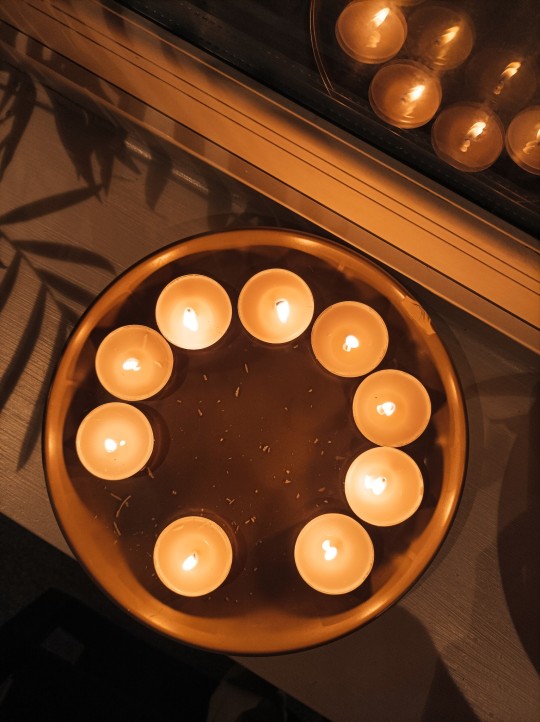

i call it the "just moved to a new city" hanukkiah 🕯️
0 notes
Text
“There’s a great Yiddish expression that says, “If I knew God, I’d be God.” In fact, I think that claiming that you “know God’s will” is an act of incredible hubris. Instead, what we say about God has much more to say about us than about God. There are, in fact, a whole range of different theologies within Judaism (you can find some of them in the terrific books “Finding God” and “The God Upgrade,” both of which describe a whole range of differing, and sometimes even conflicting, theologies.) And while I can only speak personally here, to me, “God” isn’t really a noun at all—it’s a verb. Here’s why. The most common name that God gives Godself in the Torah is “YHWH,” a name that is sometimes thought to be so holy that no one was allowed to pronounce it. But that’s not exactly right—it’s not that “YHWH” was not allowed to be pronounced, it’s that it is literally unpronounceable, since it consists of four Hebrew vowels (yod, hay, vav and hay). By the way, that’s also why some people incorrectly call this name “Yahweh,” since (as Rabbi Lawrence Kushner once said), if you tried to pronounce a name that was all vowels, you’d risk serious respiratory injury. But even more importantly, the name YHWH is actually a conflation of all the tenses of the Hebrew verb “to be.” God’s name could be seen as “was-is-will be,” so God isn’t something you can’t capture or name—God is only something you can experience. And indeed, when Moses is at the burning bush, having just been told by God that he will be leading the Israelites out of Egypt, he says, “Suppose I go to the Israelites and say to them, ‘The God of your fathers has sent me to you,’ and they ask me, ‘What is his name?’ Then what shall I tell them?” God responds that God’s name is “Ehyeh asher ehyeh,” which is often translated as “I am what I am.” But it could also be translated as, “I am what I will be.” So God is whatever God will be—we simply have no idea. Indeed, for my own theology, I believe that God is found in the “becoming,” transforming “what will be” into “what is.””
— Rabbi Geoffrey A. Mitelman
5K notes
·
View notes
Text
“There’s an old Jewish story that says in the beginning, God was everywhere and everything. A totality. But to make creation, God had to remove Himself from some part of the universe, so something besides Himself could exist. So He breathed in, and in the places where God withdrew, there creation exists. “So God just leaves?” No. He watches. He rejoices. He weeps. He observes the moral drama of human life and gives meaning to it by caring passionately about us, and remembering.”
— Mary Doria Russell, The Sparrow
745 notes
·
View notes
Text

Armenian SSR. A basket of ripe pomegranates. 09.01.1972.
George Zelma (Sputnik)
5K notes
·
View notes
Text
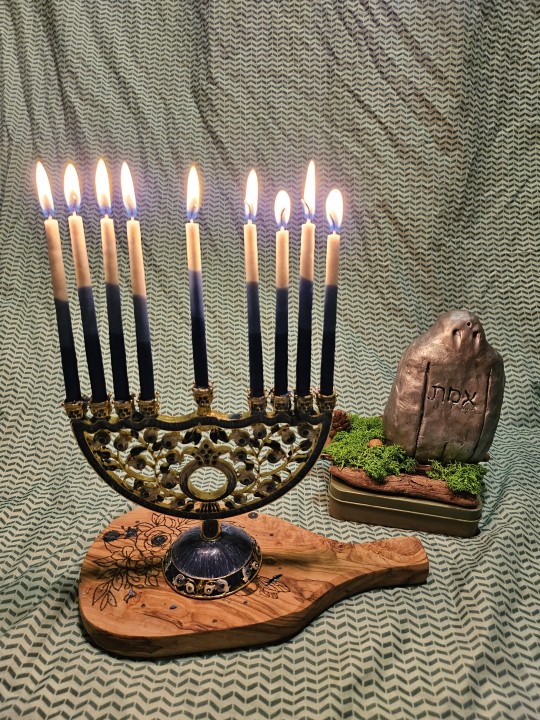
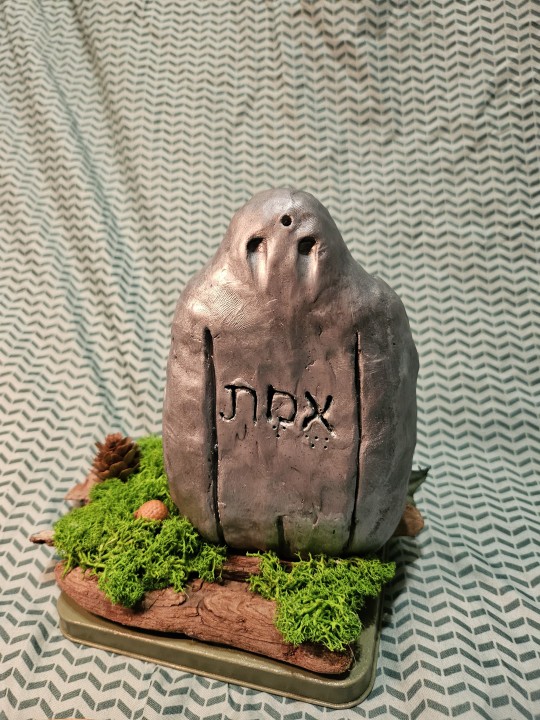
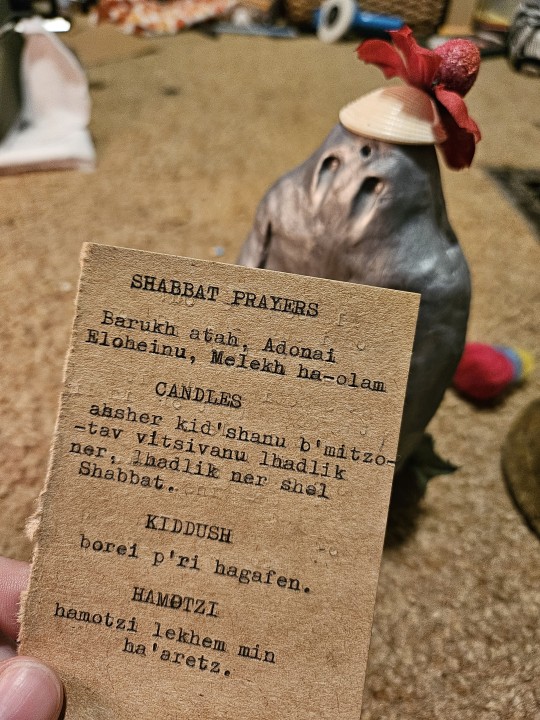
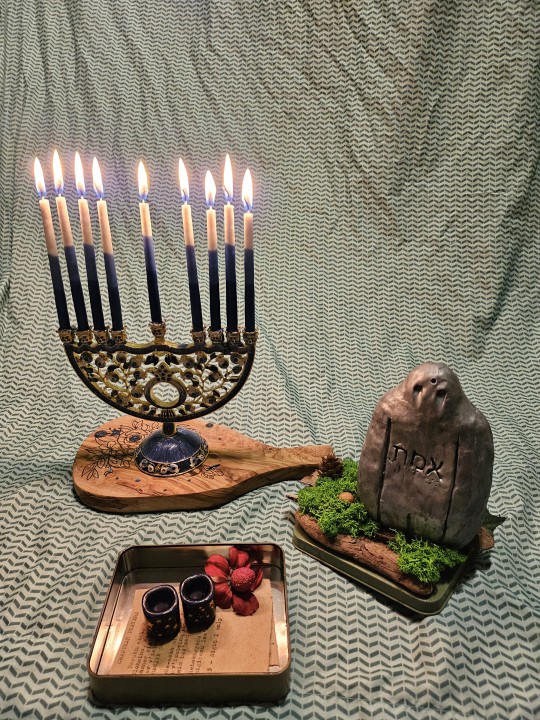
happy chanukkah from me and the golem that guards all my prayers 🪨🌿🪵🕎
460 notes
·
View notes
Text
The saying "two jews, three opinions" is actually just a statistical error. Maimonides, who lives in Cairo and proclaims over 10,000 opinions each day, is an outlier and should not have been counted
3K notes
·
View notes
Text
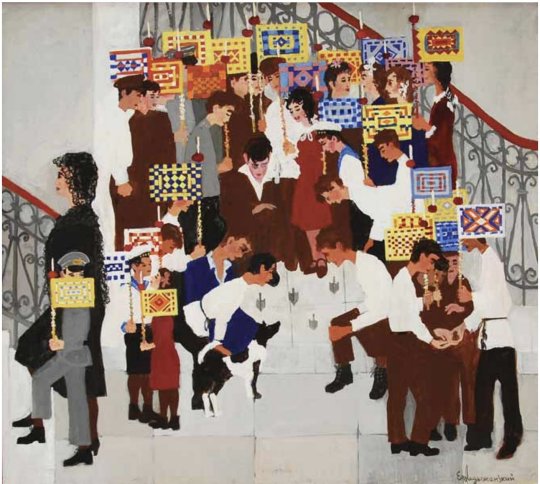
"Hanukkah" by Yefim Ladyzhenky. He was born in Odesa, one of his main topics is the life of the Jewish community in Odesa and city life, especially 1910-1920th and later.
249 notes
·
View notes
Photo

Happy final night of Hanukkah
inspired by a 19th century menorah in the collection of The Jewish Museum
2K notes
·
View notes
Photo

“Architectonic Menorah”, Hanukah lamp, Richard Meier (American, b. 1935), United States, 1985, tin-coated copper
Richard Meier designed each candleholder of the Hanukah lamp to represent an architectural style from various moments of persecution in Jewish history. The holder for the first night depicts an Egyptian obelisk; the last one evokes watchtowers from German concentration camps. Meier writes that the candleholders are “reminders of the common past and struggles that Jewish people have suffered and their resilience and strength” which the Hanukah story embodies.
3K notes
·
View notes
